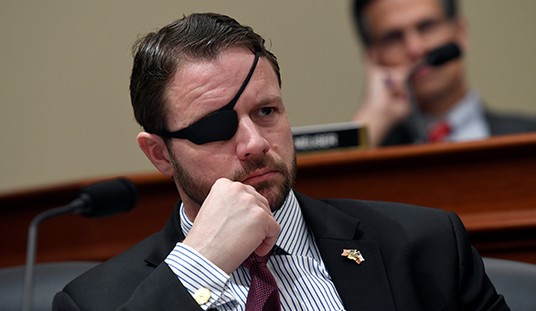Just when you though there wasn’t enough bad news to fill the day, Syria amid its civil war now has a suspected polio outbreak. On Oct. 19, the World Health Organization reported that it had received information about a cluster of “hot” cases of accute flaccid paralysis, some of which could be positive for polio, in Syria’s Deir Al Zour province. Now UNICEF and the World Health Organization are taking this seriously enough to announce that they plan to vaccinate millions of Syrians against polio (good luck with that…). In neighboring Lebanon, where hundreds of thousands of Syrian’s have sought refuge, authorities are planning a similar campaign for children under five.
The source of the outbreak is not yet clear. CNN reports that outside of Africa, Pakistan and Afghanistan, polio has been largely eradicated, with fewer than 300 cases reported worldwide last year. CNN further reports on speculation by public health experts that this disease might have been brought to Syria by Islamic militants from Pakistan, who came to join the opposition to Syria’s Assad regime: “There are signs that the polio strain is from Pakistan.” This Syrian outbreak could easily be an awful but unintended result of the civil war that began in 2011.
But even if this outbreak is entirely a matter of unintended, horrific collateral damage, it does bring to mind the dangers posed by Syria’s biological weapons program. So, for that matter, does the locale, if only by association with another form of WMD — Deir Al Zour being the Syrian province where President Bashar Assad with North Korean help was building a clandestine nuclear reactor, until the Israelis destroyed it in 2007 with an air strike.
While world attention has been focused these past two months on the Russia-brokered deal to dismantle Assad’s chemical weapons (and even that is highly problematic), there have been no visible provisions to deal with Assad’s biological weapons projects. In the Sept. 27 United Nation Security Council Resolution 2118, proposing to deal with the Syrian regime’s chemical weapons, there are just two brief and toothless mentions of biological weapons, along with chemical and nuclear — calling on UN member states to refrain from providing any support to “non-State actors” that try to make or acquire such weapons, and demanding that non-State actors refrain from such ventures. But there are no measures included for relieving Assad (or any non-State actors) of whatever biological weapons or related programs that might be part of Syria’s arsenal.
Should we be worried? You bet. Just this past July, the U.S. State Department reported that the U.S. government “is concerned, based on information available during the reporting period” (which was not ancient history, but 2012), that Syria, which has signed but not ratified the Biological Weapons Convention, “may be engaged in activities that would violate its obligations under the BWC if it were a State Party to the Convention.” The unclassified report (see page 16) noted that the U.S. “had designated four Syrian government entities as WMD proliferators” due to concerns involving the development not only of chemical but also biological weapons. State also cited a 2004 report from Israel’s Intelligence and Terrorism Information Center that said Syria’s Scientific Studies and Research Center (one of the Syrian government entities designated by the U.S.) “had been developing ricin-based biological weapons.”
A Sept. 30 article in Foreign Policy warned that “The World Hasn’t Tackled Syria’s Real WMD nightmare” — adding, “Forget the nerve gas. It’s Assad’s bioweapons program that should keep you up at night.” And in report released just this month, on “Al Qaeda’s Biological Weapons Program,” the London-based Henry Jackson Society warned that “while the world has been focusing on the destruction of Syria’s chemical weapon stockpiles, President Bashar al Assad’s biological weapons program is in fact a far greater danger that has not been tackled.” The HJS report warned that Al Qaeda’s Al Nusrah affiliate in Syria may already have access to “biological pathogens or weaponized agents either of which would pose a threat to the international community.” More specifically, this report cited an unnamed but “very credible source” who said he had seen “near Aleppo, a looted pharmaceutical laboratory, which was probably a cover for a biological weapons production site.” For yet more alarming specifics, there’s a 2007 report published by the New English Review that goes into some detail on Syria’s collaboration with Iran, North Korea and Russia, and alleges that “the US Intelligence Community negligently underestimates and denies the sophistication of the Syrian biological weapons programs which is very unfortunate.”
By all means, let us wish UN agencies, and anyone else who wants to get involved, the best of luck in containing Syria’s suspected polio outbreak, and vaccinating millions of Syrians against that terrible disease. That, at least, is a plan. On the matter of Syria’s biological weapons programs… is there a plan?









Join the conversation as a VIP Member